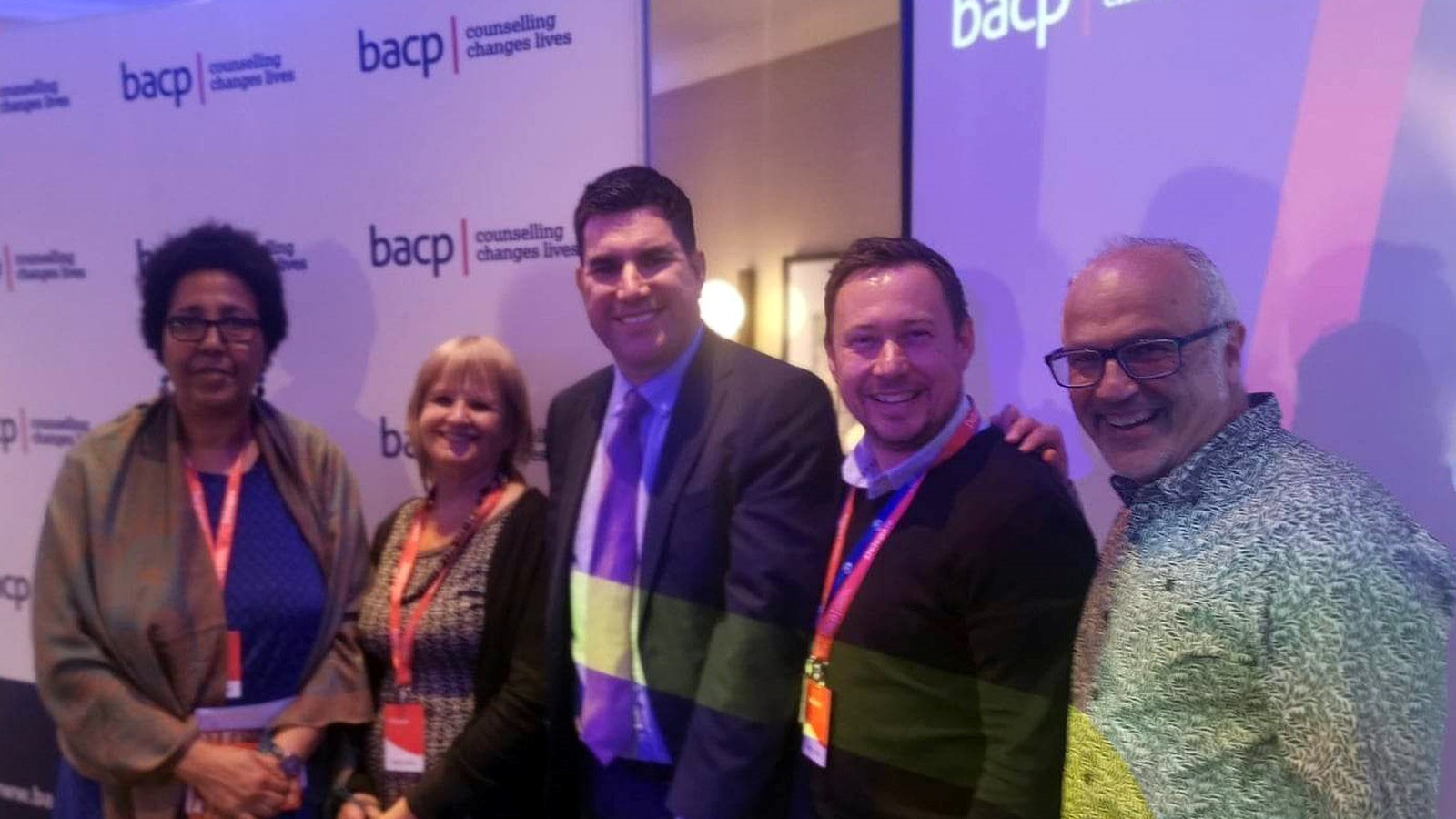Our member Sega Habtom has shared her experience of how counselling helped her to process the trauma of fleeing war in Eritrea.
Sega, a multi-lingual therapist working at the Nafsiyat Intercultural Therapy Centre in London, spoke about how conflict had plunged her community into high levels of anxiety and trauma and her story of being a refugee.
On arrival in the UK, Sega’s primary concern was to find work and to start a new life. She gave little thought to her own trauma, instead lived with feelings of isolation, loss and anger.
It took Sega 13 years after her arrival in the UK to begin to process her trauma and understand its impact on her life.
Not knowing what psychological support was available to her, coupled with barriers of language and cultural meaning of mental health and help-seeking, prevented Sega from getting the help she needed.
Counselling
Counselling enabled her to process her trauma and she now works with clients, bringing five languages and an understanding of displacement and trauma into the therapy room.
Now she uses her own supervision and therapy to work ethically and effectively with refugees and asylum seekers.
Intercultural therapy provided by Nafsiyat and other services is vital to enable people to process their trauma and to integrate into their new communities.
Sega was speaking during a panel discussion on Exploring the role of counselling and psychotherapy in supporting displaced people fleeing trauma, persecution and conflict at our Research Conference.
The panel set the scene for the Research Conference, which explored Global issues in counselling and psychotherapy research, policy and practice - and we're sharing the panel's insight for Refugee Week.
In his opening remarks, panel chair Panos Vostanis reflected on being encouraged counselling and psychotherapy was making in-roads into harsh environments.
He called on conference to consider the role of research in better articulating the value of therapy in key areas of adapting therapeutic frameworks, integrating with other support services, the role of therapy in supporting other aspects of services to refugees, and influencing public policy.
School counselling campaign
Richard Burgon MP paid tribute to BACP’s policy work, citing the amendment to the Victims and Prisoners Bill relating to access to therapy notes, and our campaign for a paid counsellor in every secondary school and college.
Mr Burgon addressed the context of a “hostile environment” for refugees and asylum seekers in the UK, citing the Nationality and Borders Act and the Illegal Migration Bill as contributing to negative attitudes to refugees and the emotional wellbeing and mental health, asylum-seekers and people from marginalised and racialised communities more broadly.
Mr Burgon ended his remarks by calling on BACP to continue to provide evidence to help make the case for policy change that recognises the mental health needs of refugees and people seeking asylum in the UK, and the role of counselling in reaching everyone in society, including people fleeing war, torture and persecution.
Anne Burghgraef, Clinical Director of Solace with 17 years’ experience of working with refugees and asylum seekers, noted that research and analysis has shown that with the right support, people arriving as a result of displacement from their home countries can assimilate, thrive and contribute to society
However, for many the current asylum system is cornerstone of the hostile environment, and that the uncertainties within the process negatively impacts peoples’ mental health, she said.
Trauma-informed
Part of Solace’s work delivering psychodynamic, person-centred and trauma-informed therapy helps clients deal with the chronic and acute stress that the asylum process puts them under, the long-term objective should be to reform the system, so that it’s trauma-informed at all levels, and critically, at the decision-making stages.
Research has shown that trauma impacts upon people’s ability to recall consistently their stories and experiences. The inconsistencies of narrative that this can cause often works against asylum-seekers at the decision-making stage of their claims.
Luke Bramhall, Head of Youth Services and Poverty-Proofing at Children North East (CNE), identified an issue of barriers to accessing counselling services for young people from refugee and asylum-seeking backgrounds.
A grant from BACP has supported CNE’s work to adapt its services to proactively engage young people who have contact and relationships with local organisations specialising in work with refugees and asylum-seekers.
Reflecting on the role of therapy in supporting refugees, research has indicated that through building therapeutic relationship with therapists and developing a trust in communicating, people are better equipped to communicate with people outside the therapy room.
Managing distress allows people to reconnect with their identity, hopes and aspirations and to find meaning and activity aside from their identity as a refugee.


